The Westminster College women's basketball team cheers for the starting players before the game against the University of Arkansas Fort Smith in Payne Gymnasium Nov. 11. "There is a ton of team building we try to do as far as getting a more connected, comfortable team," said Jenteal Jackson, the women's basketball head coach.

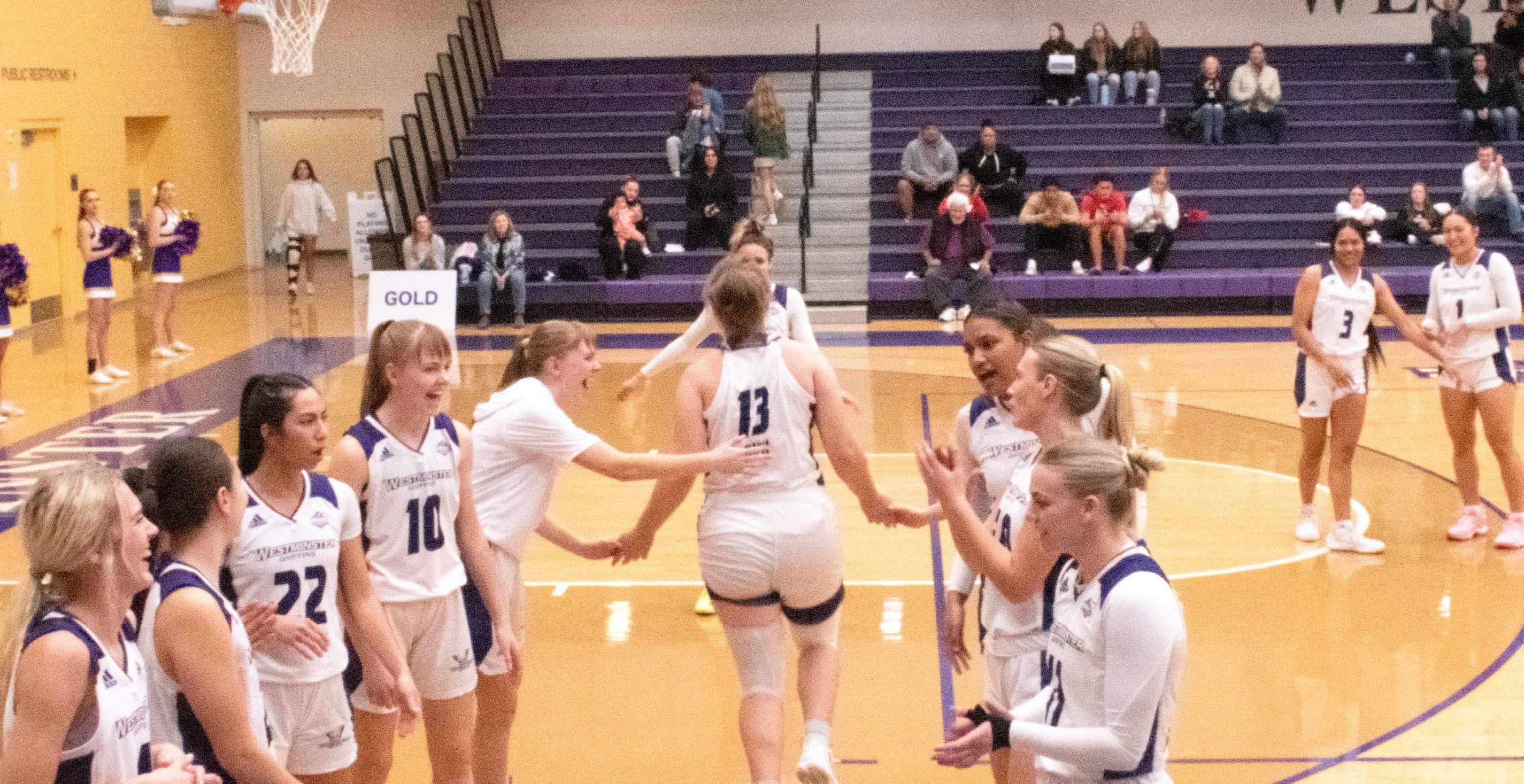
Westminster student-athletes share experiences With home court advantage

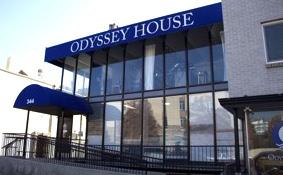
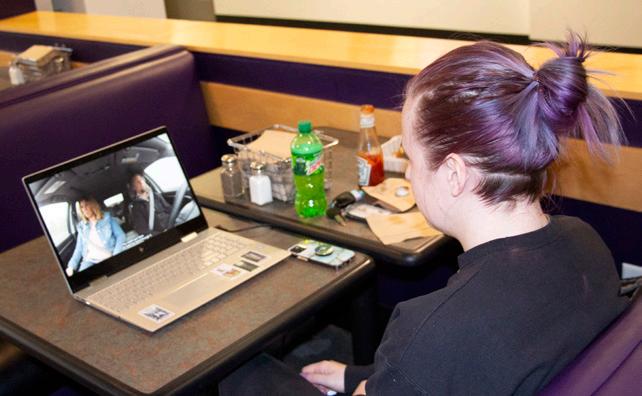
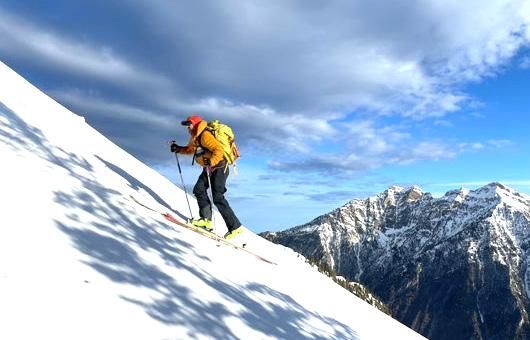
“There is definitely an advantage playing at home,” said Mailey Ballard, a sophomore sports management major on the Westminster College women’s basketball team. “Not only do you have the support of your friends and family members but you have the comfort of feeling at home.” Home advantage in sports is a psychological phenomenon where a team might perform better when they compete at their home place of practice rather than at away games, according to the National Library of Medicine. Factors like the crowd, court familiarity and competition travel — which can be “exhausting” — all impact home advantage, according to Jenteal Jackson, the women’s basketball head coach. (Continued on page 2)

DECEMBER 7, 2022
@WCFORUMMEDIA FACEBOOK @WCFORUMMEDIA INSTAGRAM @WCFORUMMEDIA YOUTUBE WESTMINSTER
MEDIA
CULTURE
FACULTY, STUDENT SAY EDUCATION, PLANNING ARE CRUCIAL TO SAFETY IN UTAH’S BACKCOUNTRY PAGE 3 PAGE 4 SOME STUDENTS, FACULTY SAY THEY FEEL OPTIMISTIC ABOUT PROPOSED COMMUNITY HOUR PERSONALITY Q&A PAGE 7 WESTMINSTER STUDENT ADVOCATES FOR AFFORDABLE MENTAL HEALTH CARE PODCASTS SECOND GENERATION GRIFFIN SHARES STORIES, REFLECTS ON WESTMINSTER TRADITIONS
PAGE 8
TWITTER
COLLEGE FORUM
CAMPUS
WESTMINSTER
AVALANCHE SAFETY
MIKEY O'HEARN
THE FORUM PODCASTS Find more at wcforummedia.com
EDITOR-IN-CHIEF, SOCIAL MEDIA COODINATOR & VIDEO DIRECTOR ZIDIA GIBSON
PRODUCTION EDITOR, MANAGING EDITOR & PODCAST DIRECTOR VANESSA EVELETH
BUSINESS DIRECTOR, ONLINE MANAGER & SOCIAL MEDIA COORDINATOR RYLEE BROWN
MATT BAKER
MIKEY O'HEARN STAFF REPORTER
(Continued from page 1)
“I do think being in your gym is an advantage and most teams tend to play better statistically,” Jackson said.
Mailey Ballard, a sophomore sports management major, said the crowd is what most impacts her when playing.
“Having family and friends that you can feel and hear in the stands would be the biggest advantage to playing at home,” Ballard said.
Jenteal Jackson, the Westminster College
Ballard plays alongside Emily Malouf, a junior sociology major who mirrors the idea of a home game advantage benefiting the team.
“At away games, there's always people chirping in the audience, so sometimes that gets distracting,” Malouf said.
Malouf said cheerleaders and the student section at home games heighten the advantage and help the team perform better.
Jenteal Jackson, the women’s basketball head coach, accredits the home game advantage to familiarity of playing where one resides.

“It’s nice being in the comfort of your own home the night before, sleeping in your bed, […] you know this gym really well,” Jackson said.
HAVING FAMILY AND FRIENDS THAT YOU CAN FEEL AND HEAR IN THE STANDS WOULD BE THE BIGGEST ADVANTAGE TO PLAYING AT HOME
MAILEY BALLARD
sophomore sports management major, Westminster College women's basketball player
the ceiling, that can definitely affect some shooting,” Jackson said. “You know your gym better than anyone, it's where you shoot every day so you're really used to it.”
Jackson said she believes there are potential disadvantages to home games as well, which are subject to individual players.
their top tier performance is due to the close, interpersonal relations between the teammates.
“Our dynamic is definitely more of a family-based community,” Malouf said. “It’s very welcoming and loving […] everyone holds each other to high expectations and standards.”

The Westminster College women’s basketball team huddles up prior to their game against the University of Arkansas Fort Smithin Payne Gymnasium Nov. 11. "The whole team is super close on and off the court which makes it always something to look forward to each day whether it be lift, practice or a game," said Mailey Ballard, a sophomore sports management major.
There are also technical advantages of playing at home, according to Jackson.
“Depth perception is a big thing, especially in certain gyms with a bigger backdrop or hoops that have a stand instead of hanging from
“Some [student-athletes] put a lot of pressure on themselves when their family or friends are here and some [student-athletes] play better playing in front of friends and family,” Jackson said.
Despite possible setbacks, Emily Malouf, a junior sociology major, said the women’s basketball team is anticipating a great season this year. Malouf said much of
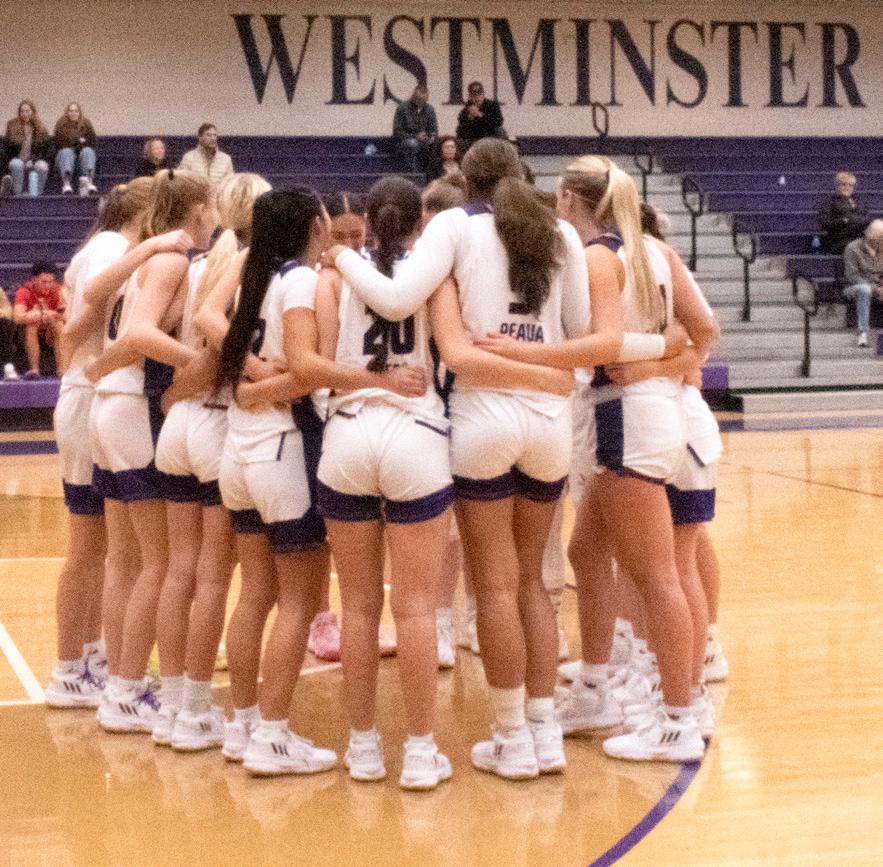
WESTMINSTER ATHLETICS 2
MIKEY O'HEARN
women's basketball head coach, watches from the sidelines of the basketball court during the team’s game against the University of Arkansas Fort Smith in Payne Gymnasium Nov. 11. "The comfortability of being in your own gym, knowing those hoops [contributes to the home game advantage]," Jackson said.
forumeditor@westminstercollege.edu Content published by The Forum does not reflect official views of Westminster College. The first issue of The Forum is free; additional issues cost $1. Pay to The Forum office.
ADVISER
EDITORIAL
MIKEY O'HEARN
Westminster faculty, student say education, planning are crucial to safety in utah’s backcountry
MADI GODDARD STAFF REPORTER
There’s nothing like the solitude in the wintertime that can be experienced through recreation in the backcountry of nearby mountains, according to Westminster College mathematics professor Jonas D’Andrea.
Recreation in the backcountry, whether it’s snowshoeing, skiing or snowboarding, is something people in the Westminster community should experience, according to D’Andrea.
The backcountry refers to areas outside of monitored, established ski areas, according to Greg Gagne, a computer science faculty member, who said he has worked at Westminster for 32 years.
Know Before You Go
For the last 20 years, Gagne said he has worked as a parttime forecaster for the Utah Avalanche Center. Education and planning are two of the most important factors when going into the backcountry, and the Utah Avalanche Center exists for the safety of those enjoying local mountain recreation activities in the winter, according to Gagne.
“I think the forecast is the most valuable [resource for the Westminster community],” Gagne said.

Forecasting for the Utah Avalanche Center entails issuing daily avalanche forecasts based on current conditions, and informing those traveling in the backcountry of the risks associated with the different mountain areas in Utah on any given day when snow is present, according to Gagne.
There are other resources that can be accessed through the Utah Avalanche Center website, according to Gagne. The most valuable to the Westminster Community are the forecasts, the Know Before You Go website on avalanche awareness and
avalanche preparedness classes offered by the UAC or other organizations, according to Gagne.
Understand the Potential Dangers
Jonas D’Andrea is a mathematics professor and said he has been learning about skiing in the backcountry since he got out of the United States Air Force in 1997. He gradually became more educated about terrain in the backcountry as he learned from mentors and various avalanche courses, according to D’Andrea.
One aspect of safety D’Andrea said he wants to draw more attention to is shallow snow burials, especially when traveling alone. Shallow snow burials refer to getting stuck in the snow and not being able to get out, according to D’Andrea.
mountains away from people so I can be with like, two or three of my friends or partners as opposed to like 1,000 of my friends in the [ski lift] line,” Costa said.
Costa said his mentors told him early on in his backcountry experience that it is often human factors and human error that cause trouble for people in backcountry terrain. Snow is complex and predictable, and people get in trouble when they convince themselves otherwise, Costa said.
Costa said there are times when he could be wrong about whether a slope in the backcountry is safe to ski, but he tries to err on the side of caution.
“[Being cautious] means I can ski next week, next month, next year,” Costa said. “I’m just not willing to take the chance to be wrong.”
required to be a good backcountry skiing partner,” Verkouw said.
Some of the appeals of backcountry skiing are the deeper relationships that are formed from “hard conversations, grappling with expectations and or harsh realities,” according to Verkouw.
Alliy Hansen, a senior environmental science major, said her experience with skiing in the backcountry for the last two years has taught her the importance of group dynamics.
“It’s more important to have the right people with you rather than having a large group,” Hansen said.
The essential part of a good group is being able to “pull the ego out of it,” according to Hansen. Understanding the danger associated with skiing in the backcountry and being able to assess risk with a level head is how to avoid letting one’s ego get in the way, Hansen said.
[BEING CAUTIOUS] MEANS I CAN SKI NEXT WEEK, NEXT MONTH, NEXT YEAR. I’M JUST NOT WILLING TO TAKE THE CHANCE TO BE WRONG
RUSS COSTA
neuroscience professor, backcountry skier
“It doesn’t get talked about as much, but I think the statistics [show] people die from [shallow snow burials] as much as they do avalanches,” D’Andrea said.
There are many appeals to recreation in the backcountry, D’Andrea said, and getting to be outside in the wintertime is the main attraction for him.
“For me, it’s about being outdoors, it’s a way to exercise that I really enjoy,” D’Andrea said.
Russ Costa, a neuroscience professor at Westminster, said he skis in the backcountry around an estimated 80 to 100 days a year.
“I kind of like being in the
Safety with Trusted Partners
AJ Verkouw, the director of outdoor programs at Westminster College, said he teaches Intro to Backcountry Touring through the school. The course involves two classroom sessions and three field days where students learn some of the basics about recreation in the backcountry, according to Verkouw.
An important part of safety when out in the backcountry is group dynamics, according to Verkouw.
“There’s a different level of reliance and vulnerability that’s
As a skier, Hansen said she will often travel into the backcountry to build jumps. Hansen said she factors how far away the nearest medical care is when trying a new trick. It’s something others should take into consideration, too, according to Hansen.
Hansen said, “If you’re gonna take these big risks, [think] ‘how far away is the hospital?’ And if the hospital is not far away, ‘who can [influence] your safety and [perform] your first aid?’”
3 AVALANCHE SAFETY
some students, faculty say they feel optimistic about proposed community hour
KAELEE BYRNE STAFF REPORTER
Dean of Students and Vice President of Student Affairs Glenn Smith proposed “Community Hour,” a time when students, faculty and staff “might gather informally or at structured events during weekdays,” in an email sent Oct. 27.
“We plan to dedicate Tuesdays and Thursdays from 12–1:20 p.m. for community time starting Fall 2023,” Smith said in the email. “This will give the entire campus community an opportunity to gather, converse, enjoy good food and get to know one another better.”
Madison Christensen, a senior sociology major, said the block of time would improve students’ wellbeing.
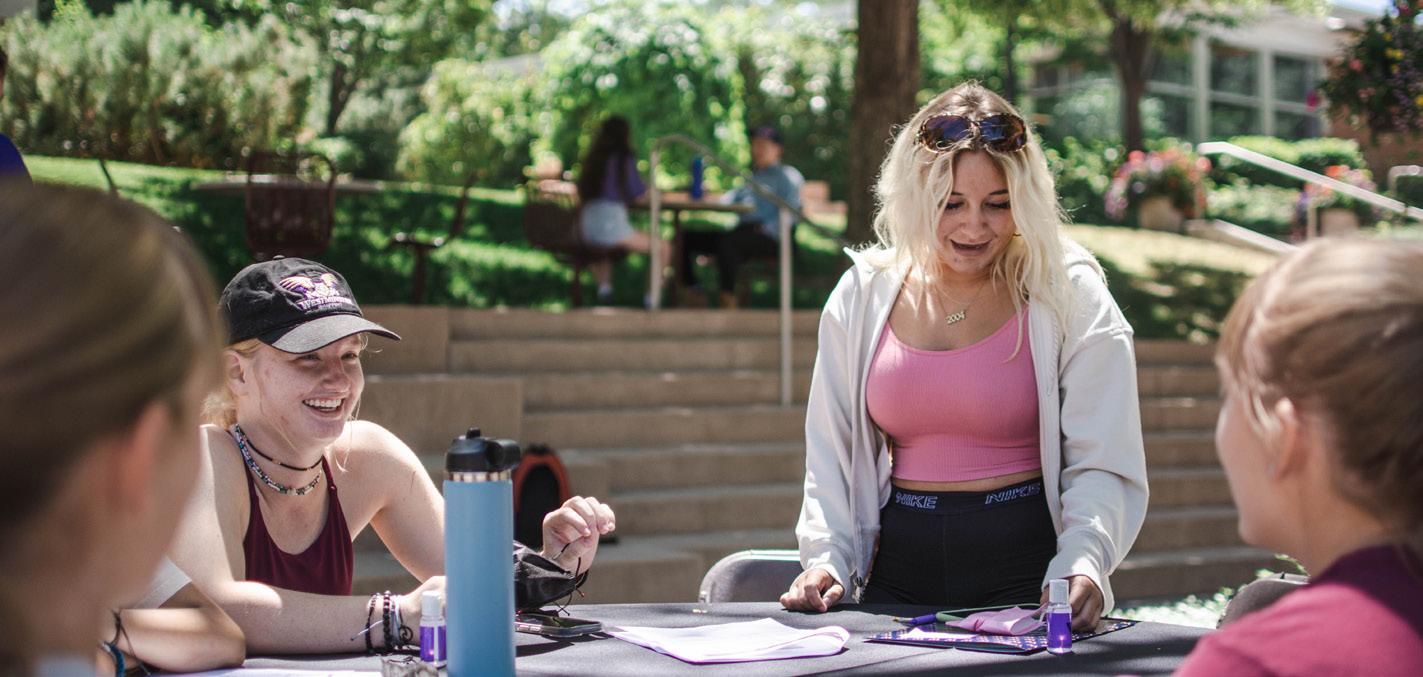
“A lot of us are working outside of campus as well as [in school],” Christensen said. “Being able to take time that would normally be reserved for a class, even if that's not actively going to the community hours, but knowing that there is that specific time where [students] don’t have to have class, is going to be really beneficial for a lot of people's mental health.”
Community Hour might also lead to an increase in productivity, according to Christensen.
President Beth Dobkin said the kinds of activities that will take place during Community Hour, ranging from pop-up teach-ins, lectures, concerts, food trucks, presidential addresses and also time for nothing scheduled.
“It strikes me that there’s no one time during the day when everyone is available,” President Dobkin said. “So, you don’t really get a sense of the campus as full because at any given time, a proportion [of people] is in class.”
Community Hour will provide an opportunity for people to find each other and “just be together, even over lunch,” according to President Dobkin.
“A lot of campuses do it. We’ve just never really carved out that time,” President Dobkin said.
Dean of Students and Vice President of Student Affairs Glenn Smith said Community Hour will provide students and faculty with casual “hangout time” that will positively impact the student experience here at Westminster.
“We will build relationships and challenge each other to be better humans,” Smith said.
Kevin Randall, the director of strategic communications and a Westminster alum, said

First-year and transfer students gather outside in Richer Commons during Griffin Gear Up on June 27. Dean of Students Glenn Smith and Vice President of Student Affairs said community hours will provide students and faculty with casual "hangout time" that will positively impact the student experience here at Westminster College.
the allotted time will give him the opportunity to know the Westminster community better. Randall recently began working at the college in October 2022, according to the Office of Marketing, Communication and Events.
“It’s important that I come to know the staff, faculty and most importantly, the students if I’m going to represent Westminster College accurately,” Randall said. “I need to know how people think, what issues are important to them and understand the vibe on campus.”
Brynlie (Binnie) GreenMorris, ASW president and senior justice studies major, said
there won’t always be programmed events during Community Hour. Students will have a chance to spend time together and take a breather, according to GreenMorris.
“I think it's especially important that we're recuperating what might feel like time lost during the pandemic,” GreenMorris said. “I hope this time together will be healing for the community as a whole.”
Most campuses have a variation on Community Hour, according to Green-Morris, who also said it’s especially important to have time together next year during the first year as Westminster University.
Westminster students reopen multipurpose art space in sugar house
DEVIN LOGAN STAFF REPORTER
Westminster College students Kyle Pickering, a junior business management major, and Nya Peterson, a junior fine arts major with an emphasis in ceramic art and photography, said they are in the process of reopening a multipurpose arts space on 2006 South and 900 E called 2006: Space Oddity.
“The name is based on the movie “2001: A Space Odyssey,” Pickering said. “It just says a lot
about the arts and I think it really plays into what we're trying to do here.”
Directed by Stanley Kubrick, “2001: A Space Odyssey” is a 1968 sci-fi film widely regarded as one of the greatest and most influential movies ever made, and was nominated for four Academy Awards, winning the award for visual effects.
“I kind of stumbled onto the space and met the owner by trying to get a band that was here
last year,” Pickering said. “[The owner] liked what I was doing with music, and offered to teach me about his experience selling art and putting on art events, and I was interested.”
First Event at 2006: Space Oddity
“Dec. 9 is our first event and is just a big collection of artists,” Pickering said. “We're having 100 artists, everybody gets one entry,
but we want to cover this place wall to wall with just art from community members around the area.”
Pickering said younger artists don’t necessarily get the chance to display their art in galleries, so the event on Dec. 9. is an opportunity to get artists together. Entry is $20 and the fee will go towards the space’s rent for the month, according to Pickering.
4 CAMPUS CULTURE
(Continued on page 5)
WESTMINSTER COLLEGE OFFICE OF MARKETING, COMMUNICATION AND EVENTS
(Continued from page 4)
“I think the long term goal is to definitely get established artists in [the space] and sell some artwork,” said Nya Peterson, a junior fine arts major with an emphasis in ceramic art and photography. “If you're an artist, please reach out because we want to make as much happen as possible and we want to hear everyone's ideas.”
Pickering said the more people that can get involved to display art in the space, the better events will be moving forward.
“Our submission form is on our Instagram handle @2006. SpaceOddity, where you can submit your piece,” Pickering said. “Artists can put a price on their work if they want to sell it and we also have fliers that will be around campus, the barcode will take you to the submission form.”
Westminster’s Art Community
Kyle Pickering, a junior business management major, said he is in the Honors College at Westminster and received the Katherine Metcalf Nelson Writing and Creative Arts Award, which allowed him to learn and record audio work.
“I wouldn't have been able to get that audio recording grant if it weren't for Devin Maxwell, Westminster’s music technology and composition director,” Pickering said. “That kind of

spiraled into me doing music stuff and then I feel like it all led into [2006: Space Oddity].”
Pickering said he has gone to every art event he can in the last month to meet people who have also gone through the process of setting up art spaces.
“If people see that you're interested in what they're interested in, that you have good intentions and that you have similar goals, they'll try to help you and you'll try to help them,” Pickering said.
Nya Peterson, a junior fine arts major with an emphasis in ceramic art and photography, said 2006: Space Oddity is very exciting for her. Peterson said she credits attending art history courses at Westminster in helping her develop skills, like putting value on art and operating art spaces, to manage 2006: Space Oddity.
“I was really just drawn to it — as soon as Kyle offered it to me, I was like, ‘yes, let's do it,’” Peterson said. “I feel like I enjoy the way I'm using my degree right now, but I would love to get more focused in the art scene because I’m definitely trying to establish myself as an artist and someone in the curation scene.”
Acquiring 2006: Space Oddity
Pickering said he has an extensive background in music, playing guitar in the Westminster
Jazz Ensemble, working with Excellence, a nonprofit that works to create more and better performance opportunities for Utah artists and Mountain Town Music. Pickering said these resources provide him with an array of networking platforms for finding musicians.
Pickering said he reached out to fellow Westminster student Nya Peterson to help reopen the Sugar House art space.
“I used to be what I call a ‘gallery girl,’” Peterson said. “I would help people sell art and I also am fairly immersed in the art scene here in Salt Lake.”
Pickering said Peterson has been a huge help inducting him into the art scene and connecting him to local artists.
“I just want to make it a space that anybody in the community can come and enjoy and feel represented,” Pickering said. “We want to have music outside and then I want to learn more about how to run and curate art events through Evan [Glassman].”
Evan Glassman, an artist and the landlord of the building, said he had previously leased the space to Medium Studio in the last year, but they have recently parted ways.
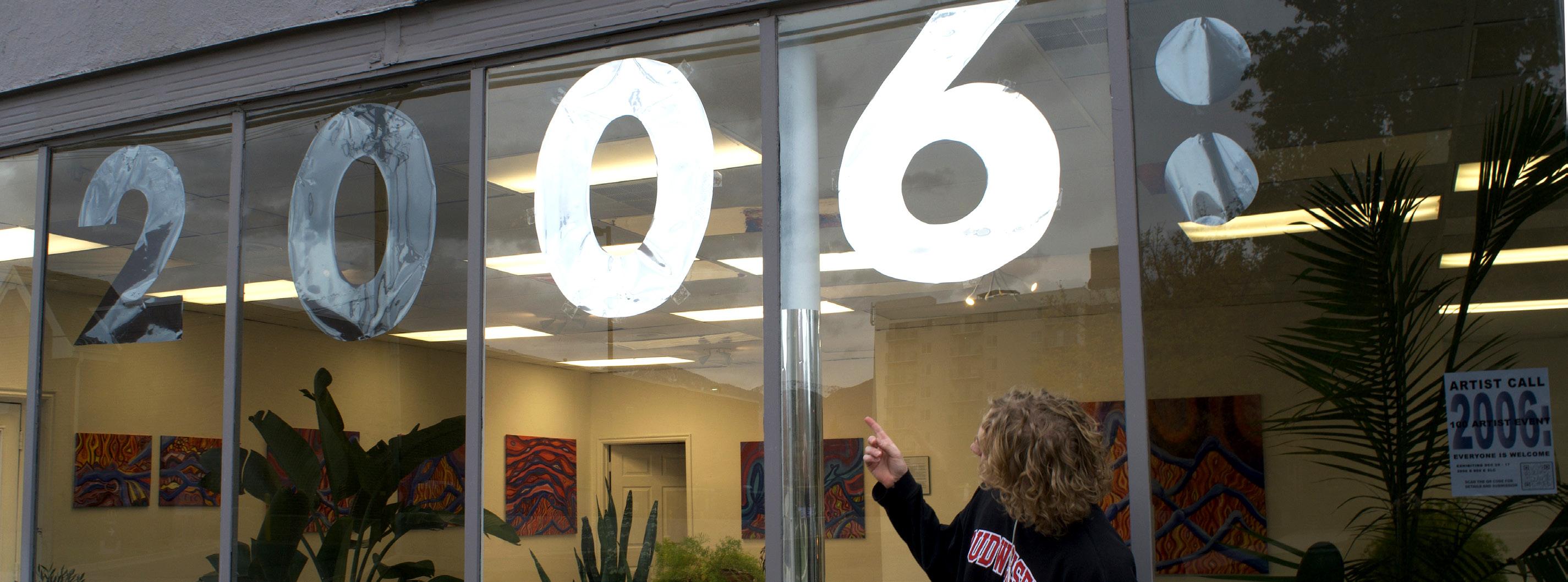
“I started renovating [the space] again because there were a lot of events here and it just got a little too much,” Glassman said. “Kyle just walked in when I was working on the space.”
Glassman said he is very impressed with Pickering’s work ethic.
“He's very focused and organized,” Glassman said. “It's a nice opportunity because I need young people. I've done this before and it's a lot of work and I just don't really have the time or the energy right now.”
Glassman said he sees himself as being a mentor during this reopening. Glassman said he lived in Chicago, Illinois in the 90s, running a 5,000-square-foot art space, before moving to Santa Fe, New Mexico to do similar studio work. Glassman said he moved to Salt Lake City in the early 2000’s.
“The challenge is how to make the arts’ business functionally profitable and sustainable,” Glassman said. “If we could bring artists together with the community where people are exchanging ideas and making [the space] more multigenerational, [it] would be nice.”
Check out the 2006: Space Oddity and hear from Kyle Pickering at the QR Code below.
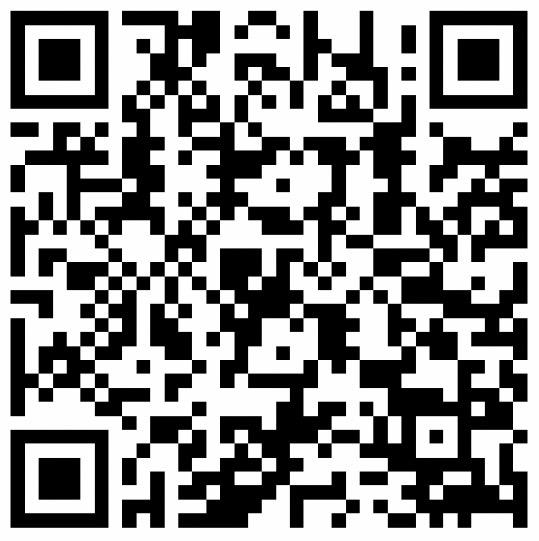
5 ART COMMUNITY
DEVIN LOGAN
Kyle Pickering, a junior business management major, stands next to the sign displaying 2006: Space Oddity. Pickering and Nya Peterson, a junior fine arts major with an emphasis in ceramic art and photography, are in the process of reopening a multipurpose arts space on 2006 South and 900 E. “I just want to make it a space that anybody in the community can come and enjoy and feel represented,” Pickering said.
the perks of being a Westminster student
LALISÉ ESHETÉ STAFF REPORTER
Students can pay up to $39,312 for a full academic year, including room and board, at Westminster College, according to the 2021–2022 common data set.
The tuition students pay includes the required fees that grant students access to a myriad of benefits, according to Glenn Smith, dean of students and vice president of student affairs.
Smith said the COVID-19 pandemic is the most likely culprit as to what slowed down some of the student benefits, such as discounts and tickets that used to be displayed at the concierge desk in Shaw Student Center.
“You spend a lot of money to go to school here, to make the most of your education, you can use these [benefits],” Smith said.
Perks Available to Students
Utah Transit Authority
Anybody with a Westminster ID has full access to UTA Bus, TRAX, Express Bus and Frontrunner, according to Smith.
“The institution pays for [the bus passes] based on how many students use it,” Smith said.
Not only is this a more environmentally sound transportation service, but its a great way to see the city, according to an article by past Forum reporter Brooklyn Covington.
Health, Wellness and Athletic Center
HWAC is a well-known building with student-athletes, but the majority of students don’t use its resources, according to Emiline Krieser, a first-year psychology major and lifeguard at HWAC.
“Since I can see into pretty much every room from the pool, I’m familiar with who goes to HWAC,” Krieser said. “It’s mostly non-students, at least during my shifts. Almost no students use

the pool other than kayaking at night.”
HWAC offers a pool, hot tub, weight room, climbing wall and full gym equipment — and even hosts free exercise classes (though a schedule for 2023 has not been released yet), according to the Westminster College webpage.
“You actually pay a fee as a student, a $60 fee, which then gets you access to this basically health club,” said Glenn Smith, dean of students. “Out in the world it might cost you 25, 40 bucks a month.”
Giovale Library
VANESSA EVELETH
A graphic displays the various student perks offered as part of tuition at Westminster College. "You spend a lot of money to go to school here, to make the most of your education, you can use these [benefits]," said Dean of Students and Vice President of Student Affairs Glenn Smith. Graphic courtesy of Vanessa Eveleth.

The library may seem like an obvious tool to use, but it’s another opportunity for students to take advantage of their prepaid fees, according to Atira Shulte, a sophomore philosophy major and computer lab assistant at Giovale Library.
“It’s under-utilized for sure,” Shulte said.
At Giovale Library, students can rent audio-visual equipment such as laptops and cameras for a seven-day period, as well as use a 3D printer, color printers, computers with Adobe Suite, a scanner, and can search through the archives and rent out any study room.
Students can request for the library to get any book or movie for free and have access to several librarians who can help research in different areas, according to Shulte.
Photo Lab
Westminster is home to a fully functional photo lab, located in the Bassis Center, which includes computers equipped with Adobe
Suite and a dark room, according to Mel Kilroy, a senior art major and Photo Lab aid. Printers and all the chemicals necessary to develop film are available in the lab as well, according to Kilroy. Kilroy said the lab is free to any student, though they need to bring their own supplies such as film and printing paper.
“I don’t think people are aware of the resources,” Kilroy said. “I wish Westminster would talk about [the lab] more.”
Outdoor Program
The Outdoor Program offers outdoor equipment to all students and alumni, such as tents, sleeping bags, backpacks, skis and fishing poles, according to Naamah Barkley, a computer science major who works at the OP.
“We offer all the fundamentals you need to camp,” Barkley said. “We rent them out usually for like $2 to $6 a day for each piece.”
The OP also provides outdoor trips to students with free meals and transportation, and is led by a student trip leader, according to Barkley.
Writing Center and Tutoring
The Writing Center, located in Bassis Center, and tutoring are both free services students can use, according to Glenn Smith, dean of students and vice president of student affairs.
“Tutoring is department by department, but we’re talking about how to make that more available [and] centralize it,” Smith said.
Students can sign up for academic tutoring and coaching on the Westminster College webpage.
Future Perks
Smith said sponsorships and collaborations with restaurants or fast food eateries is something Westminster may explore in the future.
“If there’s some restaurant or fast food place or something that sponsors us, we may be able to come up with a 10% discount for students,” Smith said.
Smith said discounts could function like a meal card and said Sugar House “is the sort of neighborhood where it would be useful.”
6 STUDENT BENEFITS
Westminster student advocates for affordable mental health care
KAELEE BYRNE STAFF REPORTER
Madison Christensen, a senior sociology major with an emphasis in social work and social welfare, said she finds her work fulfilling at Odyssey House, an adult rehabilitation program providing therapy to those who have withstood trauma or abuse.
Christensen said the education she has received at Westminster College helps her excel in her work at Odyssey House.
Christensen said she supervises the adults at Odyssey House by holding them accountable in conversations, handing out medication and overseeing group programs. Along with being a person for the clients to speak with, Christensen said she develops friendships with members who are nearing an end at their time in Odyssey House.
Mental health care is a right, according to Christensen, who advocates for its affordability and accessibility.
“I just want to help as many
THE DREAM IN GENERAL IS TO EVENTUALLY OWN MY OWN PRACTICE, AS A TRAUMA THERAPIST FOR ADOLESCENTS. I WANT TO BE ABLE TO OFFER AFFORDABLE MENTAL HEALTH CARE TO INDIVIDUALS. BECAUSE THE REALLY SAD THING IS NOT EVERYBODY HAS INSURANCE
MADISON CHRISTENSEN
senior sociology major with an emphasis in social work, Odyssey House staff member
people as I can,” Christensen said. “[Mental healthcare] is not something that should be profitable.”

The following interview has been lightly edited for brevity and clarity.
Q: What interests you most about sociology?
A: I've always been that kind of person who was like, ‘Well, why do you do this?’ And so, being a sociology major was a really great way of doing it without all of the
kind of technicalities that come with psychology. I still really love psychology, sociology was just easier to wrap my head around.
Q: Is the work you do offcampus at Odyssey House fulfilling?
A: I finally made the switch over from the beauty service industry to taking steps towards my career and it has been such a night and day difference. While, yes, the work is a lot harder, it's a lot more strenuous and a lot longer hours; but, it's so much more fulfilling.
Q: What are some things that help you manage the stress that comes with your job and school?
A: One of the really big things that has helped me with the stress of work and school is actually alone time. I have so many people flooding me [at work], like I cannot walk down the hallway without at least two clients asking me for something. Diving into social media or anything like that helps compartmentalize everything and I just try and scrub myself of the heaviness of the day.
Q: After graduation, what would you say is your dream job?
majority of therapists will charge you upwards of $200 to $300 per session if you're uninsured or if they're not insured under your insurance. I think that's just ridiculous. That's a money grabbing tactic. And I don't believe that they're necessarily going into this line of work for the right reasons. I just want to help as many people as I can. I believe that mental health care is a right, and it's not something that should be profitable.
Q: What do you want to tell someone looking to go into this career?
A: Make sure that this is something that you think that you can do, because it's hard. Yes, we need people since there’s a shortage of people in this field. At the same time, if you're not cut out for it, you're not going to do a good job and you're actually going to do more harm to the client. It's so unbelievably common for people to talk about how they had such bad therapists, and it made them want to stop going to therapy altogether.
Madison Christensen, a senior sociology major with emphasis on social welfare, smiles while working at Odyssey House, an adult rehabilitation program. "One of the really big things that has helped me with the stress of work and school is actually
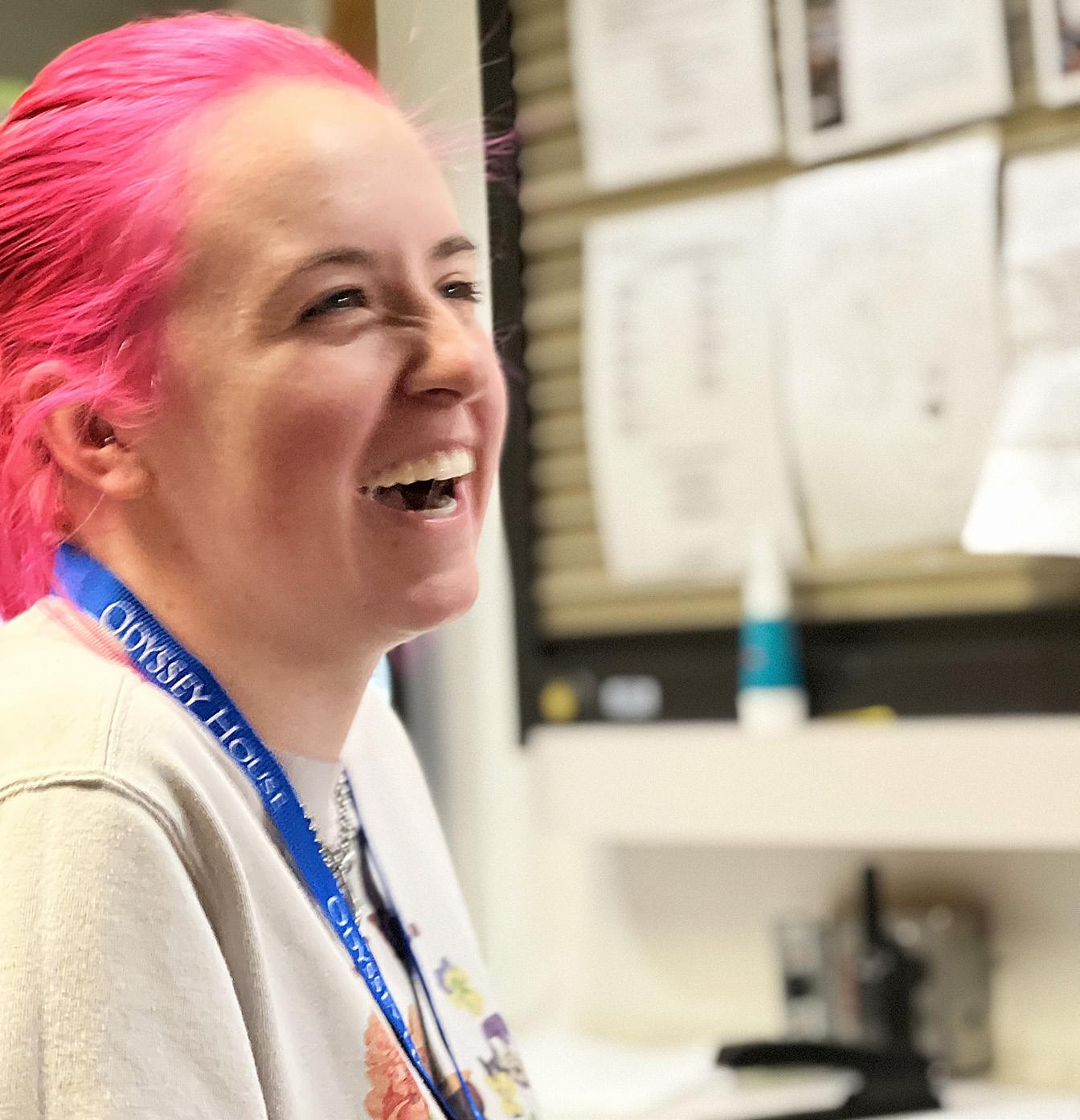
A: The dream in general is to eventually own my own practice, as a trauma therapist for adolescents. I want to be able to offer affordable mental health care to individuals. Because the really sad thing is not everybody has insurance. I want to offer a pretty low co-pay, about $50. The
That's not what you want. So really, really look into yourself and make sure that you will be able to leave work at work and not bring that home.
7 PERSONALITY Q&A
CAROLINE LALLIS
alone time," Christensen said.
THE FORUM Podcasts


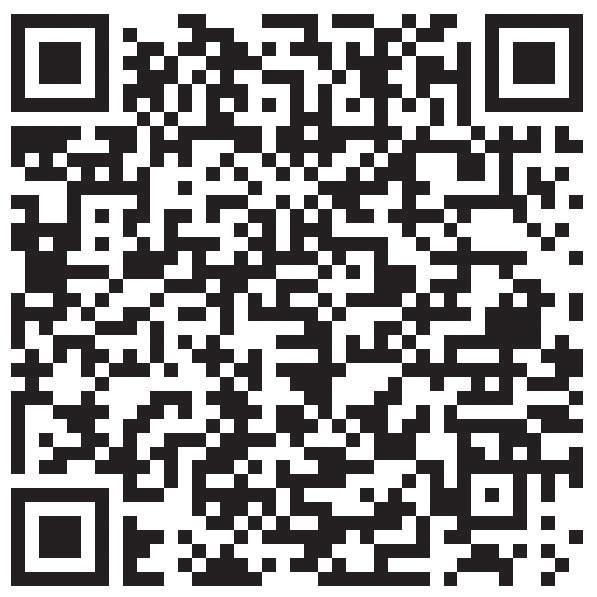
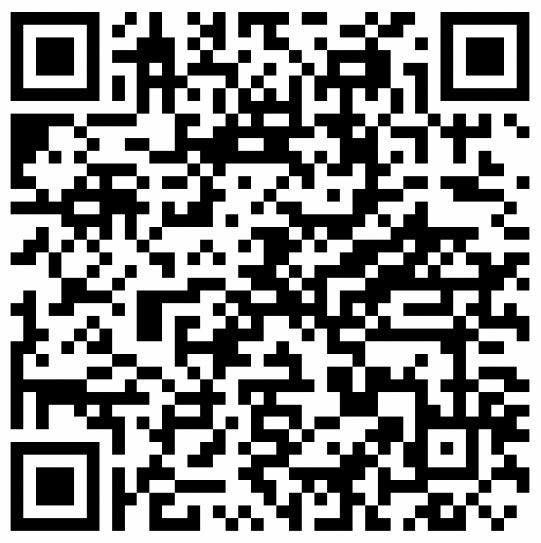
Available on Apple Podcasts, SoundCloud and Spotify
Westminster student discusses their experience, tips for seasonal affective disorder
being like, ‘Oh my god, we were so depressed.’”
• Changes to one’s appetite or weight
Seasonal affective disorder, also known as SAD, can affect up to 10% of people in the U.S., depending on where they live, according to the National Library of Medicine. Olivia Gregg, a senior public health major, said she experienced symptoms of SAD last winter and “had no idea I was in this funk until I was out of it.”
“I just didn't think that my mood would change so much with the change of seasons,” Gregg said. “But I specifically remember last year, coming outside like, the first week of March [...] when the sun shined for the very first time in a long time. And I remember just looking at my boyfriend and
SAD is a form of clinical depression that comes and goes with the seasons, according to The New York Times. During darker and colder days during the year, which start around October and November, are when some people will begin experiencing effects of winter-pattern SAD, and symptoms are considered more serious than typical winter blues, according to the article.

The National Institute for Mental Health said symptoms include:
• Near-constant and daily feelings of depression
• Loss of interest in activities one used to enjoy
• Sluggishness and low energy
• Trouble falling asleep or oversleeping during the day
• Thoughts of death or suicide
To anyone experiencing SAD symptoms, Gregg said the first action to take is talking about one’s mental health.
“My number one thing always is to talk to somebody about it because there could be a number of other factors going on, too,” Gregg said. “Just doing things that you enjoy on a regular basis and making time for those things [can also help].”
Westminster College's Counseling Center is located in the basement of Shaw Student Center, L5-L7, is open Monday–Friday, 9 a.m. to 4 p.m. and offers 15 free individual counseling sessions per academic year (Fall and Spring) to students currently enrolled in at least one course, according to the Westminster College Counseling Center webpage.
second generation griffin shares stories, reflects on Westminster traditions
ZIDIA GIBSON EDITOR-IN-CHIEF LALISÉ ESHETÉ STAFF REPORTER
Mya Zaba, a sophomore sociology major, said she spent her childhood eating picnics with her nanny on campus, going to summer writing camps and hearing her mother’s stories about her years at Westminster College.
Now after almost two years of attending Westminster, Zaba said she can reflect on what Westminster means to her and how it compares to her lifelong image of it.
“I think it’s better than I expected,” Zaba said. “I loved the campus [yet] it seemed very scary [...] but when I got here it was such a good community and the
professors are all so nice.”
Zaba said she was born and raised in Cottonwood Heights, 15 minutes away from Westminster. Zaba said she chose Westminster partially because of the memories she had from her childhood, but also to stay close to home.
“Unfortunately, I hate Utah, but I wasn’t ready to leave my family yet,” Zaba said. “Westminster feels like a pocket in Utah, Sugar House doesn’t share the same culture, it's more inclusive.”
Zaba said her mother, MerriLee Zaba, graduated from Westminster College with a B.A. in marketing and minored in
psychology. Zaba said her mother was also a resident advisor on the second floor of Hogle Hall.
“I spent a lot of time at Hogle [visiting friends during] my freshman year, though I lived in Behnken,” Zaba said.
Zaba said going to the same school as her mother makes her feel closer to her.
“Being here feels really special because I know my mom was here and she loved her time here and her professors,” Zaba said. “It was nice especially [during] my freshman year, I never had to freak out if I didn’t know where a building was, I’d just call my mom.”
Zaba said her mother likes to talk about Westminster with her, mutual professors and what buildings or traditions have changed.
“Whenever I had a hard time in high school, [my mom] always said, ‘Just wait til college, those are the best years of your life,’” Zaba said. “I’m having a great time.”
8 PODCASTS


















